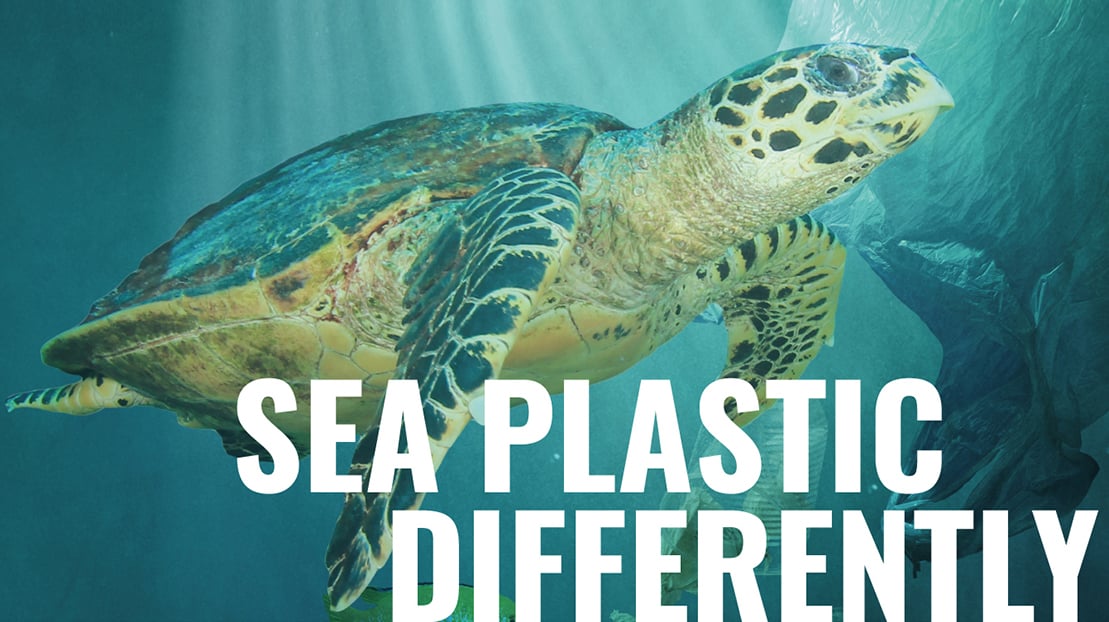
 Share
Share
By: Fabio Vitali, Vice President - Marketing, Sofidel
Oceans are the primary habitat for countless marine species and the main source of protein for more than three billion people. Yet our oceans are also home to a massive environmental danger: plastics. About 11 million metric tons of plastics enter the ocean annually.
At Sofidel, we recognize that we must help reduce the risk of plastics entering our oceans and alleviate the burden that plastics already polluting our oceans have on wildlife, biodiversity and food supplies. Read on to learn more about how we are using innovation to change the future of plastic waste and our environmental initiatives.
Reducing Reliance on Plastic
If we continue our current rate of generating plastic waste, by 2040 there will be enough plastic in the ocean to cover every yard of coastline in the world with 110 pounds of plastic.
At Sofidel, we are turning to creative solutions to limit our society’s dependance on plastic. For example, select products use kraft paper packaging, a plant-based material that is renewable and easy to recycle. These solutions empower businesses owners to maintain hygienic environments while meeting sustainability goals.
Our company-wide goal is to reduce the use of conventional plastic in our production by 50% by 2030 (compared to 2013). So far, we have achieved a 19.6% reduction by using thinner plastic film during production, introducing kraft paper packaging and utilizing recycled plastics or bioplastics.
Reimagining Ocean Plastic
Efforts to remove plastics already in our oceans are necessary for protecting marine life and public health. Ingesting or becoming tangled in plastic can cause serious injury or death to animals. Plastics in waterways not only pollute water, but tiny microplastics are ingested by marine animals and, subsequently, people who consume them.
This is why Sofidel is repurposing ocean plastic waste into innovative hygiene solutions. Our Papernet HyTech Seas line of toilet paper and paper towel dispensers utilize recovered ocean plastic to put the material to good use.
In addition, we offer plastic-free packaging on hygiene solutions around the world. We are also making efforts to increase the use of recycled plastic packaging for paper towels and toilet tissue. Looking ahead, our upcoming small business line – available soon via e-commerce – will feature completely plastic-free packaging as well.
Cleaning Up Waterways
Our teams around the world are dedicated to bettering the communities in which we operate. We recently sponsored a cleanup organized by Plastic Free to remove plastic waste from the longest river in Italy, the Po.
We are also planning a coastal cleanup this fall to help rid our beaches of plastic. For the event, we are partnering with Ocean Conservancy, a nonprofit environmental advocacy group working to protect our oceans. We invite you to join us in Miami, Florida, on October 7 and 8 to learn more about the growing plastics problem and help beautify Virginia Key Beach Park.
Thankfully, there is good news: we can reduce ocean plastic pollution by 80% over the next 20 years “largely through technologies, business processes and policy models that already exist.” Above are just a few of the ways that Sofidel is stepping up to help, and we will continue to identify methods that will strengthen our role as champions for the environment.
Fabio Vitali is Vice President - Marketing for Sofidel, a world leader in the manufacture of paper for hygienic and domestic use. For more information, visit www.papernet.com/americas.





